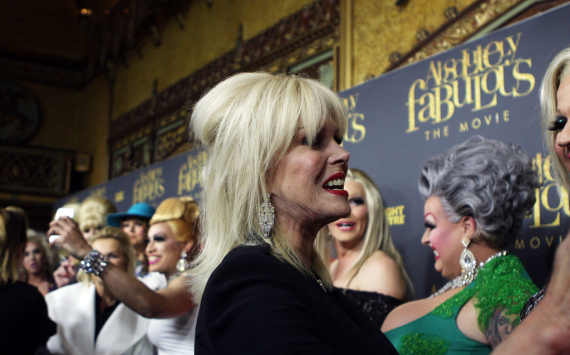
The Debate Over Black Out Nights
In a recent interview, West End actress and playwright June Carryl expressed her surprise at the government's criticism of theatre nights specifically targeted towards black audiences. As she prepares to showcase her play Blue, centered on racism within law enforcement, Carryl remains steadfast in her belief that initiatives like "Black Out nights" are essential for fostering a sense of community and understanding among theatergoers.
Regarding the government's stance on the issue, Carryl remarked, "I'm genuinely surprised by the government's comments last week." The controversy stemmed from the team behind Slave Play at the Noel Coward Theatre announcing two performances aimed at an "all-black-identifying audience." This decision prompted Number 10 to label the idea as "wrong and divisive."
Defending the concept of "Black Out nights," Carryl explained, "That someone suddenly takes it personally, that a space isn’t meant to center them, is precisely the point." She emphasized the importance of different audiences experiencing performances within spaces where they can freely share common joys and wounds, fostering a sense of communion.
Jeremy O Harris, playwright of Slave Play, highlights the historical racial context. "I don’t have to imagine roles reversed in my grandparents’ time AND WORSE," he says. "I’m not saying BLACKS ONLY; I’m inviting black ppl first. They can bring white friends or lovers. There’s no color bar, but it existed recently in the UK!"
Slave Play, known for its exploration of race, identity, and sexuality, has received critical acclaim and recognition, having been nominated for numerous awards. Harris's defense of "Black Out nights" underscores the importance of creating spaces where marginalized communities can gather and engage with art that resonates with their experiences.
In the broader context of theatre's role in society, initiatives like "Black Out nights" challenge traditional norms and strive to create more inclusive spaces. By acknowledging and confronting issues of race and representation, theatre can continue to evolve as a platform for social commentary and cultural exchange.






































